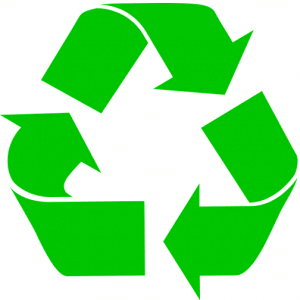 Water scarcity is a huge issue globally, prompting many individuals and organisations to look for new ways in which water can be repurposed, recycled and reused. This is also true in the processed milk industry where up to 60 litres of water can be used to clean equipment per kilogram of processed milk, and this can add up to a LOT of water annually.
Water scarcity is a huge issue globally, prompting many individuals and organisations to look for new ways in which water can be repurposed, recycled and reused. This is also true in the processed milk industry where up to 60 litres of water can be used to clean equipment per kilogram of processed milk, and this can add up to a LOT of water annually.
Researchers from the University of Nebraska-Lincoln decided to try and find a method whereby water from whey could be recycled and reused for clean-in-place systems. While current regulations only allow for potable water to be used to in the cleaning of equipment surfaces and food contact surfaces, reuse and reconditioned water is an acceptable alternative currently being utilised in the initial cleaning of fruit and vegetables and in the scalding of poultry and meat, and this got the research team thinking.
Researchers Rolando Flores and Yulie Meneses subjected wastewater from whey of Cheddar cheese to ultrafiltration and reverse osmosis and just as an extra precaution also added the additional step of spray drying. The reconditioned water that they got as a result proved promising from both scanning electron microscopy analysis and bacterial counts when used to clean stainless steel surfaces with a biofilm.
According to lead author Yulie Meneses, “Using the combined ultrafiltration and reverse osmosis system, 47% of water can be recovered from whey.
Project Leader Rolando Flores added, “This demonstrates the viability of our method for wastewater, as the cleaning efficiency was comparable to potable water in clean-in-place systems.”
The findings of this study provide scientific evidence that using reconditioned water in food processing plants is completely safe; this will contribute to the building of a culture of water conservation and sustainable production throughout the food supply chain.
By incorporating spray-drying and condensation into the process, of additional water can be recovered which, after treatment, could also be utilised for activities with high water demand, including cleaning.
Journal of Dairy Science Editor-in-Chief Matt Lucy expounded that “Sustainable production and manufacturing is a priority for the dairy industry. This new research demonstrates that an unwanted by-product of dairy manufacturing (whey) can be processed to generate clean water, saleable food, and additional revenue for dairy manufacturers.”
While more research is required on the use of whey water for cleaning, many in the trade will be watching closely, as it is vital that everyone save and manage water to the best of their ability.
Get bottled water coolers and mains water dispenser from Living-Water.





